Modern science has made clear that the reductionist viewpoint is insufficient. Even if interactions between fundamental particles are under control, new laws emerge at large, “life” scales, which are often more complex.
The idea of emergence goes beyond, and systems composed of a large number of constituents in interaction, subject to hard-to-predict fluctuations, form a new theoretical paradigm for physics, biology, economy, and other disciplines. This is the ubiquitous subject of complex systems.
Understanding complex systems has real-world impact, but the study of complexity also requires deep and involved mathematics, which during the years produced beautiful mathematical discoveries, such as the mean-field solution of spin glasses or the Kardar-Parisi-Zhang equation for the description of growing interfaces.
In the UK there is a strong community of researchers on these and related subjects, and the Disordered Systems group of KCL’s Mathematics Department is at the forefront of research in statistical mechanics of disordered and complex systems. The group focuses its research on both fundamental problems, such as non-equilibrium systems, network theory, soft matter theory, and random matrix theory, and on applications, such as mathematical biology and quantitative medicine, social phenomena, finance, statistics and inference, machine learning.
Education
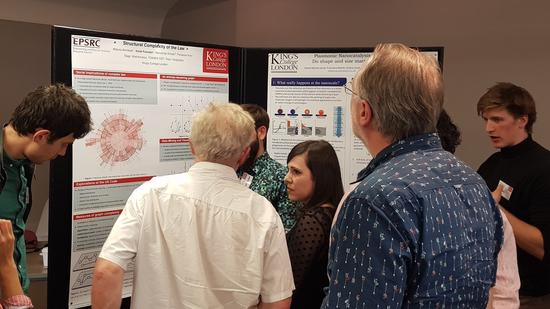
The Cross-Disciplinary Approaches to Non-Equilibrium Systems Centre
CANES is an EPSRC Centre for Doctoral Training with an active participation of the DS Group.

MSc Complex System Modelling
The Complex Systems Modelling MSc – from Biomedical & Natural to Economic & Social Sciences course will teach you to apply mathematical techniques in the rapidly developing and exciting interdisciplinary field of complex systems and examine how they apply to a variety of areas including biomedicine, nature, economics and social sciences. This research-led course is suitable for graduates who wish to work in research and development in an academic or industrial environment.

Apply to the KCL MPhil/PhD Mathematics Program
KCL Mathematics department produces excellent or world-leading research in terms of originality, significance and rigour. Join KCL for your postgraduate studies!
News
Latest from the group on X
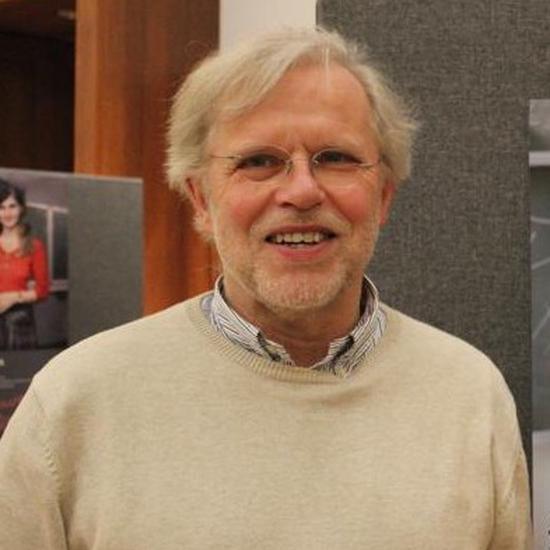
Disordered Systems Days at King’s College London
A two-day workshop to celebrate Reimer Kühn.
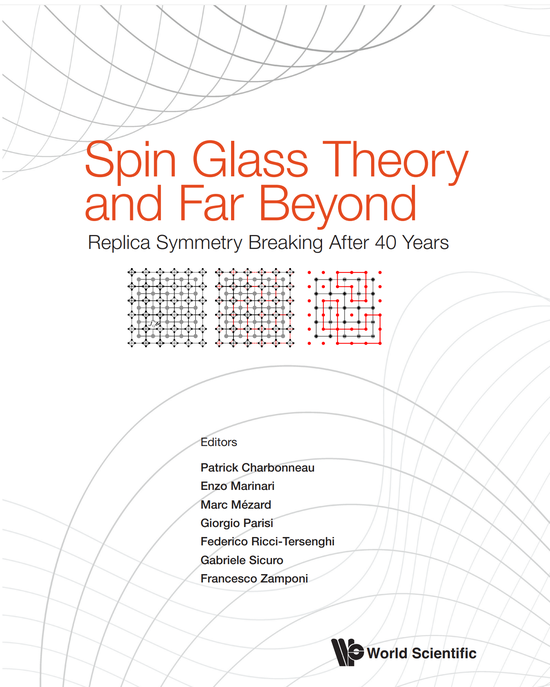
Spin Glass Theory & Far Beyond
An encyclopaedic overview of the broad range of the applications stemming from the discovery of the replica symmetry breaking solution of the Sherrington-Kirkpatrick model by Giorgio Parisi. Gabriele Sicuro participated to the editing of this publication, which includes a contribution by Yan Fyodorov.
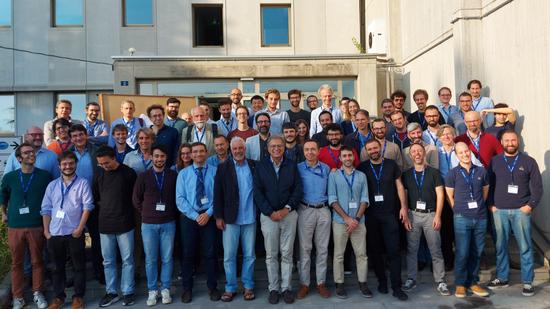
The Facets of Statistical Field Theory
A conference on Statistical Field Theory, Statistical Physics and their interdisciplinary applications in Trieste, in honour of Sergio Caracciolo’s 70th birthday, organise, amongst the others, by Gabriele Sicuro.
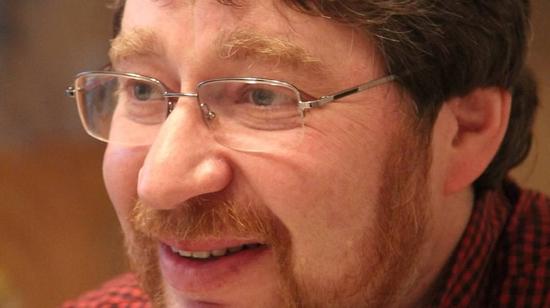
Random Matrices and Random Landscapes
A conference in Ascona on the mathematics of complex physical systems, with an emphasis on the interaction between mathematics and physics, to celebrate the 60th birthday of Yan Fyodorov.

MECO47
The traditional Conference of the Middle European Cooperation in Statistical Physics is organised this year by Silvia Bartolucci, Laura Foini, Gabriele Sicuro and Pierpaolo Vivo in Erice.
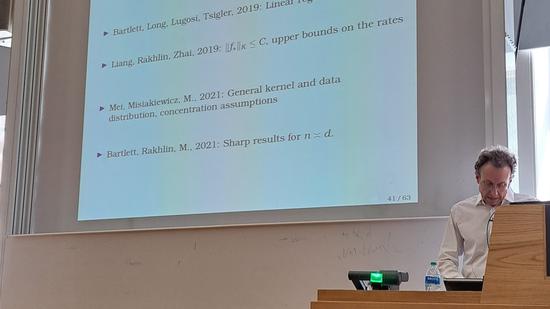
73rd British Mathematical Colloquium
The British Mathematical Colloquium will be hosted at King’s College London, and will include a special session on complex systems with a list of prestigious guests including Andrea Montanari and Vittoria Colizza.
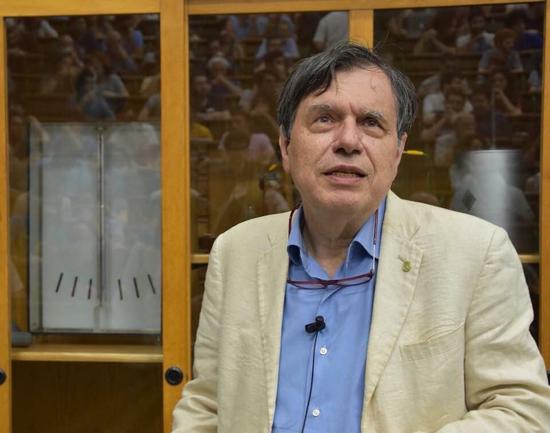
Welcoming the 2021 Nobel Prize for Physics to Giorgio Parisi
Giorgio Parisi has been awarded the 2021 Physics Nobel Prize for the discovery of the interplay of disorder and fluctuations in physical systems from atomic to planetary scales.

Random Matrix Theory and Networks Workshop
Izaak Neri is scientific coordinator of the virtual workshop organized at MPI, that aims to bring together researchers working on random matrix theory and complex systems.
Events
Events, conferences and workshops organised by the group

Disordered Systems Days at King’s College London
A two-day workshop to celebrate Reimer Kühn.

Spin Glass Theory & Far Beyond
An encyclopaedic overview of the broad range of the applications stemming from the discovery of the replica symmetry breaking solution of the Sherrington-Kirkpatrick model by Giorgio Parisi. Gabriele Sicuro participated to the editing of this publication, which includes a contribution by Yan Fyodorov.

The Facets of Statistical Field Theory
A conference on Statistical Field Theory, Statistical Physics and their interdisciplinary applications in Trieste, in honour of Sergio Caracciolo’s 70th birthday, organise, amongst the others, by Gabriele Sicuro.

Random Matrices and Random Landscapes
A conference in Ascona on the mathematics of complex physical systems, with an emphasis on the interaction between mathematics and physics, to celebrate the 60th birthday of Yan Fyodorov.

MECO47
The traditional Conference of the Middle European Cooperation in Statistical Physics is organised this year by Silvia Bartolucci, Laura Foini, Gabriele Sicuro and Pierpaolo Vivo in Erice.

73rd British Mathematical Colloquium
The British Mathematical Colloquium will be hosted at King’s College London, and will include a special session on complex systems with a list of prestigious guests including Andrea Montanari and Vittoria Colizza.

Welcoming the 2021 Nobel Prize for Physics to Giorgio Parisi
Giorgio Parisi has been awarded the 2021 Physics Nobel Prize for the discovery of the interplay of disorder and fluctuations in physical systems from atomic to planetary scales.

Random Matrix Theory and Networks Workshop
Izaak Neri is scientific coordinator of the virtual workshop organized at MPI, that aims to bring together researchers working on random matrix theory and complex systems.
Projects

Quantitative and Digital Law Lab
Dr. Pierpaolo Vivo’s team aims at measuring and taming the complexity of the UK legal system advocating a new digital, network-based approach to the visualisation and quantitative analysis of legal provisions.
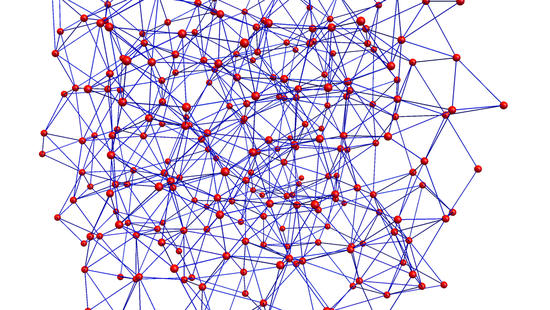
Disordered systems
The research activities of the group concentrate on the analysis and development of mathematical theories and models with which to describe the statics and dynamics of disordered (or “complex”) systems in physics, biology, financial markets, and computer science.

Physical Systems
In the domain of physical systems, the question of how to pack spheres optimally is familiar from everyday examples such as a greengrocer’s stack of oranges. But what if the spheres have a range of sizes, as happens for example in colloidal suspensions?
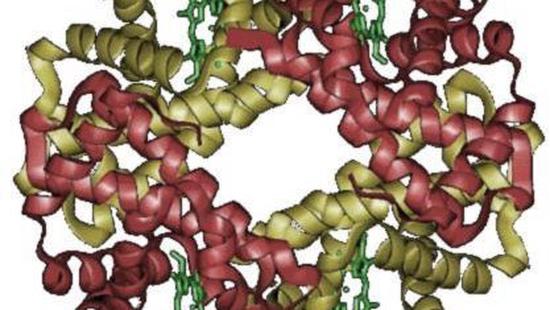
Protein interaction network
The definition and generation of good null models to assess the statistical relevance of observed features in protein interaction networks (PIN) is a well known problem in systems biology, where the aim is to understand how the structure of PINs relates to their biological functionality.
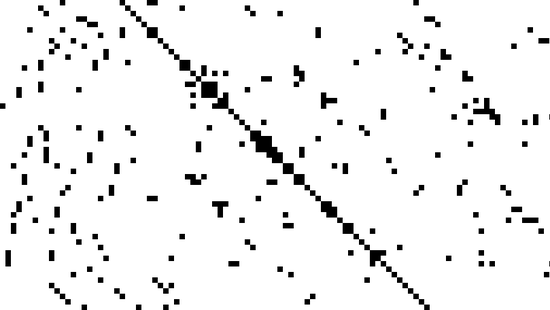
Sparse Symmetric Random Matrices
A collaboration between group members prof. Reimer Kuehn and Dr. Perez Castillo and international collaborators also led to a breakthrough in the spectral problem for sparse symmetric random matrices, allowing to efficiently compute spectral densities of such systems in the limit of large matrix size to any desired accuracy – more than 20 years after a solution to this problem was first attempted.

Universal Glassy Low-Temperature Anomalies
Prof. Reimer Kühn has provided the first formulation of a microscopic model to describe the emergence of the universal glassy low-temperature anomalies, including an understanding of the origin of the mysterious so-called quantitative universality – a problem that had been open since its formulation in the late 80s.
Advanced courses
A collection of courses given by members of the group on our fundamental research topics.
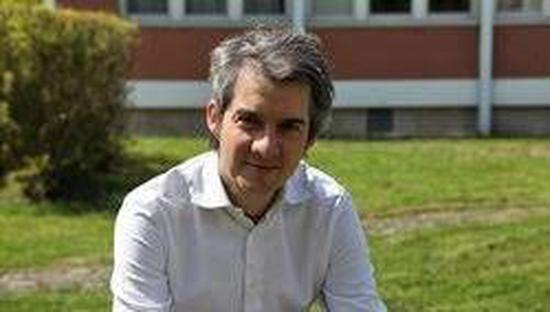
Generative AI and Diffusion Models: a Statistical Physics Analysis
A course by Giulio Biroli from École Normale Supérieure de Paris.
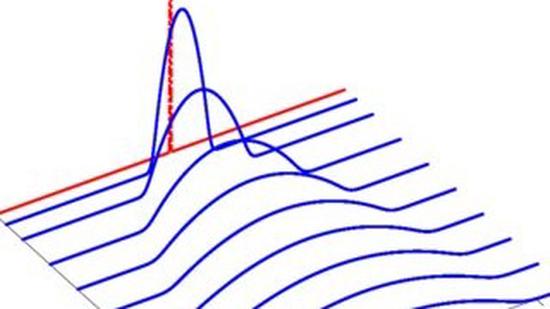
Generalised Hydrodynamics
A course by Thibault Bonnemain on the theory of generalised Hydrodynamics.
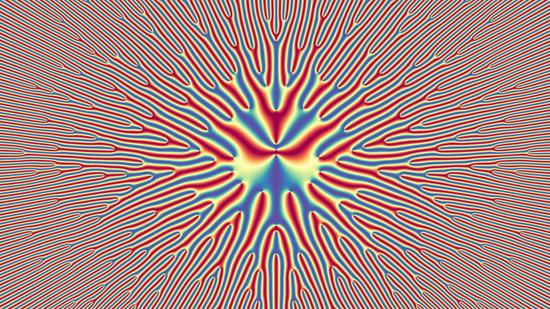
Quantum Entanglement in Disordered Systems
A course by Leonid Pastur on the effects of disorder on quantum correlations and entanglement.

Conformal field theory and quantum many-body physics
Benjamin Doyon on CFT and quantum many-body physics at CRM, leading research institute in mathematics in Canada.

Least-square optimization on the sphere: lessons from RMT and replicas
Pierpaolo Vivo gives brief course on applications of random matrix theory to optimisation problems.
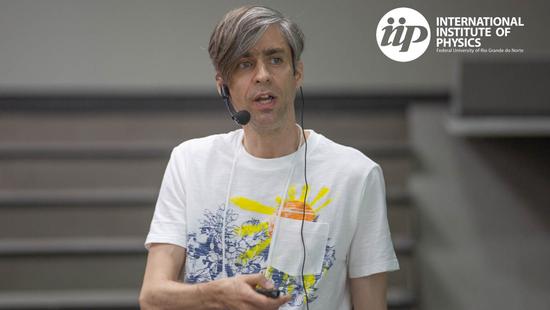
Generalized hydrodynamics
Benjamin Doyon covers the fundamentals of Generalized Hydrodynamics in a mini-course at ICTS, Bangalore.
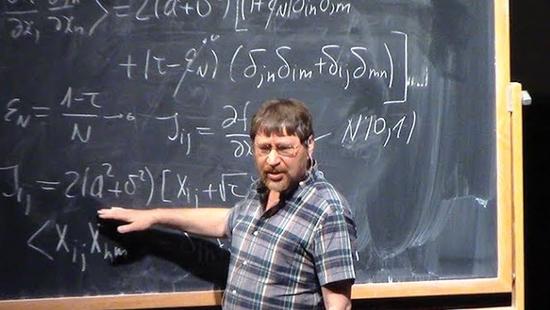
Counting equilibria in complex systems via random matrices
Yan Fyodorov discuss the number and stability properties of equilibria in large complex systems in a series of lectures given at the Park City Mathematics Institute.

Random matrices: Theory and Practice
Pierpaolo Vivo gives brief course on random matrix theory given at ICTP Trieste, from the theoretical foundations to applications to complex systems.
Talks and Colloquia
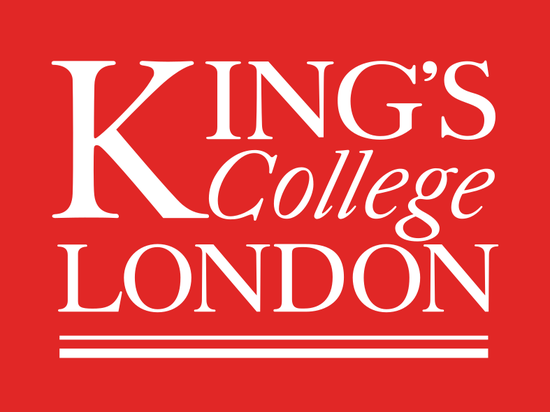
The Group Research
Seminars given by members of the group on their research in institutions and events around the world.
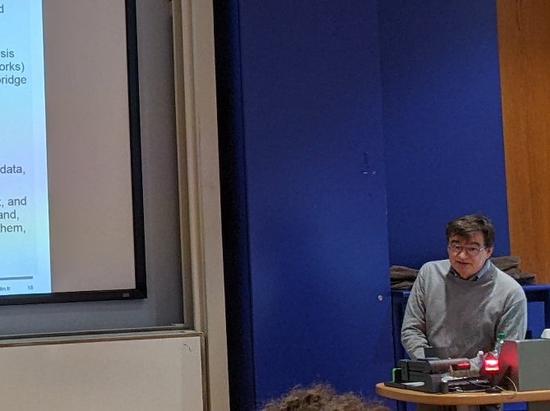
The King’s Mathematical Colloquia
A series of Colloquia given by word-leading experts in Mathematics at King’s College London.
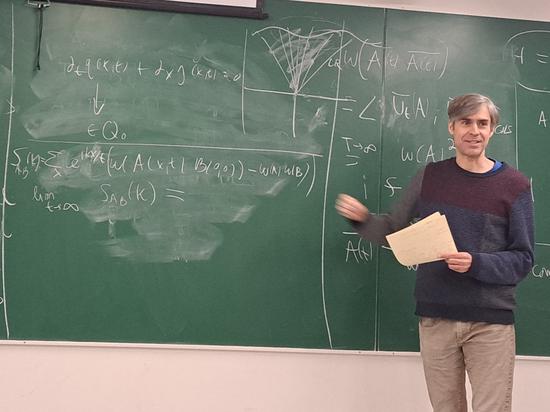
The Disordered Systems Group Journal Club
Our meetings in which we discuss our research, look at new results, and invite guest speakers.
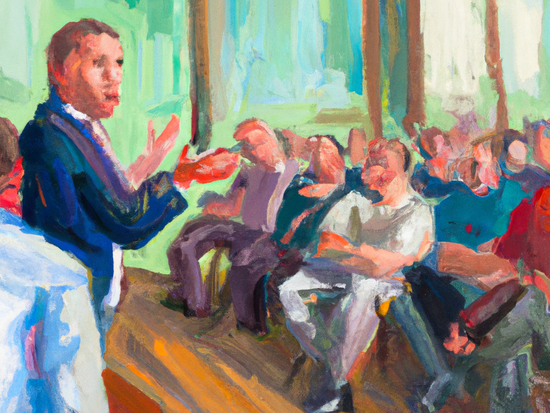
The Statistics seminar series
The seminar page of the Statistics group at King’s College.